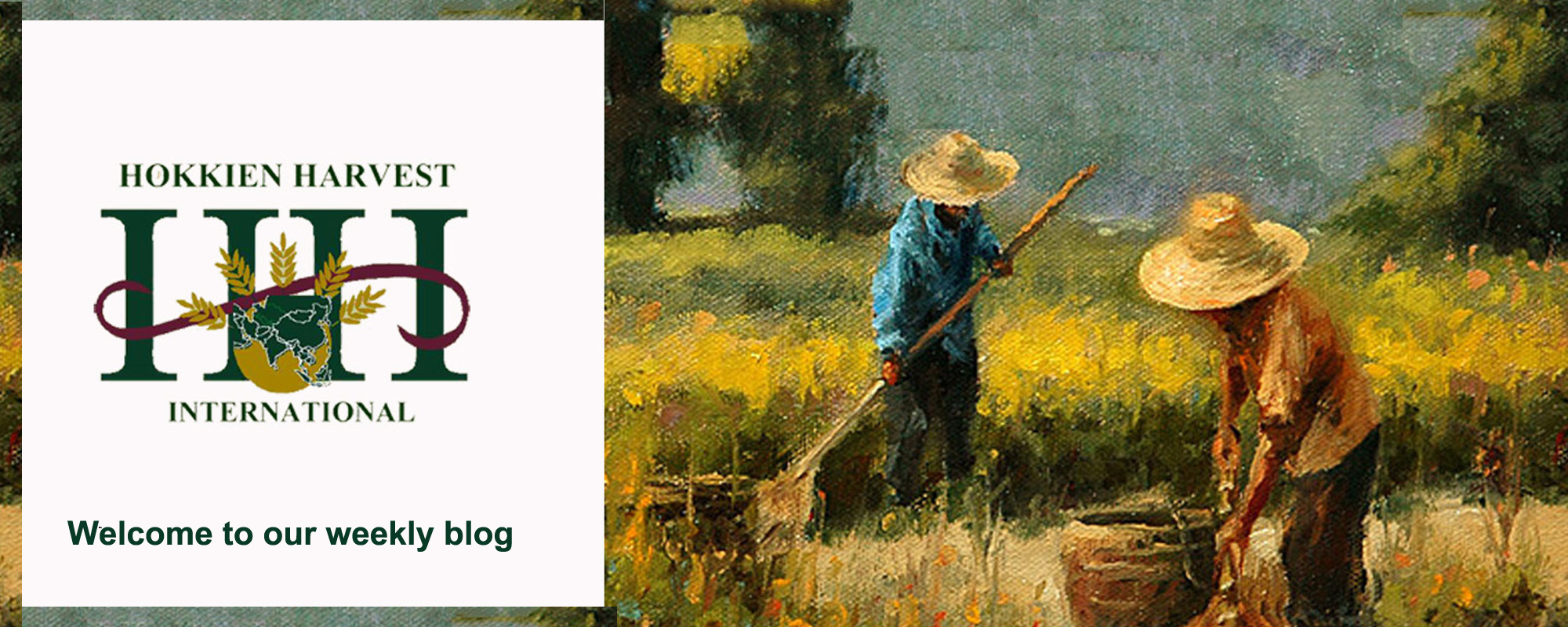Let’s face it, everyone likes to hear good news, but as we all know life is filled with ups and downs. I usually report about the really exciting things God is doing in Hokkien ministry around Asia, but this blog is a prayer plea for transformation. We’re you to join us in prayer for families and communities across Asia. And in this situation I am narrowly focusing on one issue: GAMBLING.
I think it’s true that for most of us when we hear the word “gambling”, we probably think of images of casino type activity, and that is definitely true for some places in Asia.  However, casinos are not always easy to access and might require travel money, passports, etc. But another very serious forum of gambling is even more dangerous for many residents across Asia —- neighborhood gambling. This is not a new problem, but on any given day, if police are not present, tables are set up across neighborhood parks and “gambling” is very common. As you can imagine, drinking and disorderly conduct often raises their ugly heads in such circumstances. Oh, there are other things going on in the parks as well . . . children playing, other adults enjoying their activities; however, if caution is not taken, the park loses out to the gamblers and their components and families are pushed aside.
However, casinos are not always easy to access and might require travel money, passports, etc. But another very serious forum of gambling is even more dangerous for many residents across Asia —- neighborhood gambling. This is not a new problem, but on any given day, if police are not present, tables are set up across neighborhood parks and “gambling” is very common. As you can imagine, drinking and disorderly conduct often raises their ugly heads in such circumstances. Oh, there are other things going on in the parks as well . . . children playing, other adults enjoying their activities; however, if caution is not taken, the park loses out to the gamblers and their components and families are pushed aside.
Well, many” people might say . . . so what? — I mean, a little game here and there. What’s the harm? Well, it’s not that simple. This is serious stuff! In our church neighborhood last week an older man lost 1,000,000 NT dollars gambling in the local park by our church. The truth is that the problem is very common across Asia.
 Our neighborhood is in crisis with dysfunctional families, drug abuse, young neighborhood hoodlums, alcoholism and gambling — to just name a few. In our world today there are so many addictions, and the hurt that comes from those addictions ravages families and robs children of their future.
Our neighborhood is in crisis with dysfunctional families, drug abuse, young neighborhood hoodlums, alcoholism and gambling — to just name a few. In our world today there are so many addictions, and the hurt that comes from those addictions ravages families and robs children of their future.
The problem is critical. We ask you to join us to pray for miracles —- FOR
1) a transformed community of healthy families who know the TRUTH of Jesus Christ
2) local government leaders and police to have wisdom in these neighborhoods
3) wisdom for church leaders to know how to address family needs and assist them
4) God to speak into the hearts of people who are enslaved by gambling and be set free















